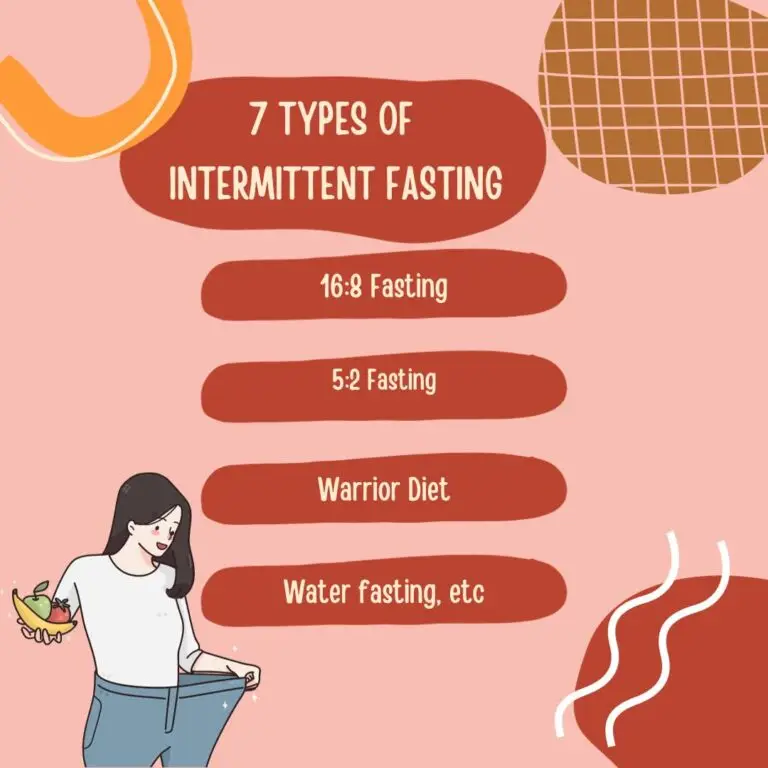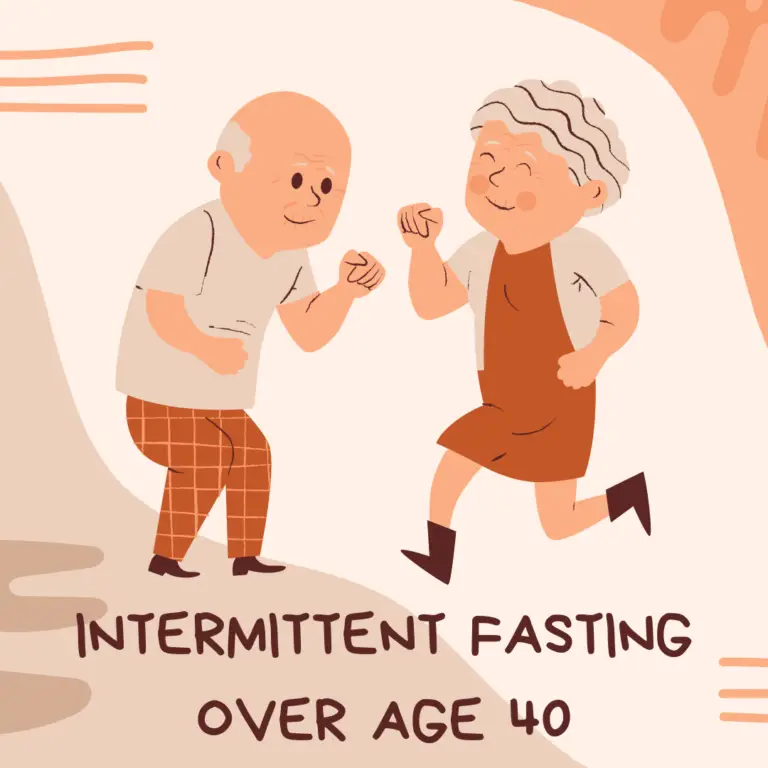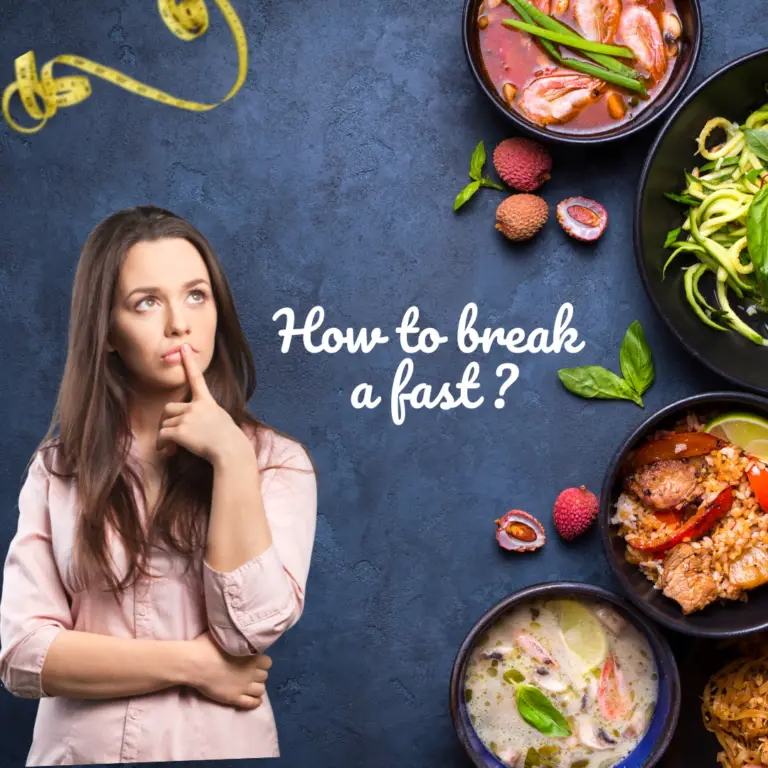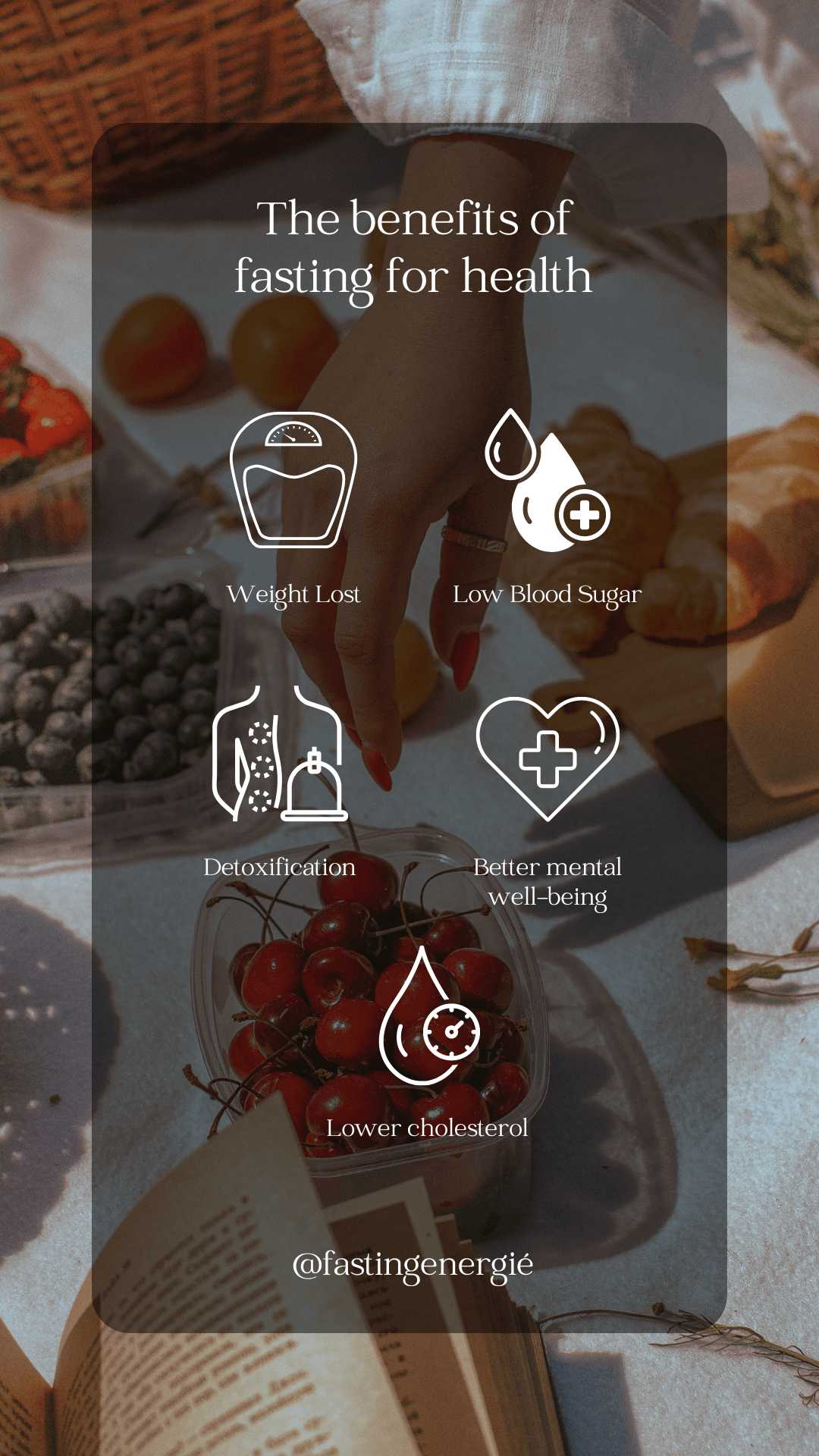What to Eat Before Fasting? Top Picks for Pre-Fast Nutrition!
What to Eat Before Fasting? Intermittent fasting has gained significant popularity as a strategy for achieving weight loss and enhancing overall health. The fasting process is generally uncomplicated; however, pre-fast consumption can exert a substantial impact on the efficacy and comfort of the fasting endeavor. This extensive blog post will explore the dietary recommendations for pre-fasting consumption to optimize the initiation of a fast.
Table of Contents

What to Eat Before Fasting?
Understanding Stomach Distensibility
Stomach distensibility refers to the stomach’s capacity to stretch and accommodate different amounts of food and liquids. This trait is important for digestion, satiety (feeling full), and general eating behaviour, especially when preparing for a fast.
How Does Stomach Distensibility Work?
The stomach walls are extremely flexible and can expand dramatically when food or liquid enters. This growth is aided by the stomach’s muscular walls and a network of neurons that provide signals to the brain regarding stomach fullness. The degree to which the stomach can expand influences how much you can eat before feeling full.
Importance of Pre-Fast Nutrition
When planning what to eat before fasting, it is critical to understand and consider stomach distensibility.
- Maximising Comfort: Eating items that increase satiety without causing discomfort or severe stomach straining might make fasting more comfortable. This entails selecting foods that are nutrient packed but not too hefty.
- Regulating Food Intake: Understanding how different foods affect stomach distension might help you choose pre-fast meals that avoid rapid digestion or a sudden return of hunger. For example, fiber-rich foods expand in the stomach and digest slowly, allowing you to feel fuller for extended periods of time.
- Avoiding Overeating: Before a fast, there may be a desire to eat excessively in order to “stock up” for the fasting time. However, overfilling the stomach can cause discomfort and problems such as acid reflux or bloating. It is critical to eat enough to feel full but not too much that it creates discomfort.
Practical Tips to Manage Stomach Distensibility Before a Fast
- Choose Food Wisely: Choose a combination of high-fiber, moderate protein, and healthy fats, as these promote fullness and effectively control how much the stomach needs to expand.
- Eat Slowly: Eating slowly allows the stomach to acclimatise to the amount of food consumed and effectively signals fullness to the brain, so preventing overeating.
- Hydration: Drinking water before meals can assist fill the stomach and induce a sense of fullness, lowering the risk of overeating solid foods.
Nutritional Goals Before Fasting
Before beginning a fast, it is critical to establish particular nutritional goals to ensure that your body receives the essential support to get through the fasting time. The key objectives usually include:
- Maintaining Energy Levels: Select foods that provide a consistent flow of energy. Complex carbs, such as whole grains and legumes, are beneficial because they break down slowly, helping to regulate blood sugar levels.
- Promoting Satiety: Fibre- and protein-rich foods can help you feel fuller for longer. This can alleviate hunger pangs during the fast, making it more comfortable.
- Hydration Support: Before beginning a fast, it is critical to ensure that you are properly hydrated. In addition to drinking water, eating foods high in water content, such as cucumbers and watermelon, can help with overall hydration.
- Increasing food Intake: It is critical to maximise food intake prior to a fast. Concentrate on nutrient-dense meals like leafy greens, nuts, seeds, and fatty fish, which contain vitamins, minerals, and other helpful substances like as omega-3 fatty acids.
What to Eat Before Starting a Fasting?
The Importance of Whole Foods
Prior to beginning your fast, it is critical to focus on eating entire, nutrient-dense foods. These meals provide prolonged energy and satiety, as opposed to processed foods, sugary snacks, and refined carbohydrates, which can produce blood sugar spikes and crashes. You lay a firm foundation for your fasting journey by prioritising whole foods.
Choose High-Fiber Foods
It is critical to include high-fiber foods in your pre-fast meal. Vegetables, fruits, and whole grains are wonderful alternatives since they keep you full and content during your fast. Furthermore, high-fiber foods regulate digestion and support gut health, all of which can be advantageous during a fast.
Include Healthy Fats
Consuming foods high in healthy fats is also an important part of your pre-fast meal. Avocado, nuts, and seeds are high in healthy fats, which provide long-lasting energy and encourage satiety. These fats also help with brain function and hormone production, both of which are important during fasting.
Avoid Large Meals
Large meals just before beginning a fast might cause stomach discomfort and make it more difficult to stick to your fasting regimen. Instead, focus on smaller, more nutrient-dense meals that will give you with sustained energy without overburdening your digestive system.
Stay Hydrated
Staying hydrated is critical during a fast, and it is especially crucial to start your fast well-hydrated. This includes consuming plenty of water and staying away from sugary drinks, alcohol, and caffeine, all of which can dehydrate your body.
Consider Supplements
Certain vitamins can help you have a better fasting experience. Supplements containing magnesium, sodium, and potassium can help restore minerals lost in urine while fasting and lessen food cravings. In addition, combining a DHA supplement with medium-chain triglycerides (MCTs) or fish oil gels can be quite useful. These nutrients help to maintain cell membrane function and fluidity, both of which are important throughout the fasting process.
Autophagy and the Role of DHA
Autophagy is a biological process that removes damaged cells in order to regenerate fresh, healthier ones. The phrase literally means “self-eating,” and this process allows the body to efficiently recycle cellular debris and defective components. It is an important process for maintaining cellular health, immunological function, and general homeostasis. Autophagy is particularly important in the setting of fasting since it is assumed to be activated by nutritional shortage.
DHA (Docosahexaenoic Acid), an omega-3 fatty acid found predominantly in fish oils, is essential for normal brain and nervous system function. According to emerging research, DHA may also have a function in autophagy.
How DHA promotes autophagy.
- Enhancing Neuronal Health: DHA is essential for brain health. It contributes to the fluidity of cell membranes, which is required for the proper action of autophagy enzymes. A fluid and functioning cellular environment can help autophagy mechanisms function better, particularly in neurons, where defective autophagy has been linked to a variety of neurological diseases.
- Regulating Inflammatory Response: DHA is well known for its anti-inflammatory effects. Inflammation can impede autophagic activities by altering cellular signalling. DHA may assist maintain efficient autophagy by lowering inflammation, which promotes the removal of defective cellular components and reduces cellular trash accumulation.
- Potential Direct Mechanisms: Some research indicate that DHA can directly promote autophagy in some cell types. This direct induction could be useful in cases when autophagy has to be increased, such as neurological illnesses or metabolic problems.
Practical Implications of Pre-Fast Nutrition
Given DHA’s significance in autophagy, including DHA-rich items in your diet before commencing a fast can be advantageous. Here’s how.
- Enhancing Cellular Health: By increasing autophagy, DHA may help cells prepare for the stress of fasting, perhaps improving resilience and functionality.
- Optimising Fasting Benefits: Fasting promotes autophagy as part of its health benefits. Intake of DHA may improve these actions, resulting in more efficient cellular waste elimination during the fast.
Foods high in DHA
- Fatty fish such as salmon, mackerel, and sardines are rich in DHA.
- Algae Supplements: For vegetarians and vegans, algae-based supplements are a good source of DHA.
Psychological Preparation for Fasting
Fasting is both a physical and mental hardship. Psychological preparation is essential for a successful fasting experience. Here are a few ways for mental preparation:
- Set Clear Objectives: Understand why you are fasting. Setting specific, attainable goals can boost motivation and create a feeling of purpose.
- Manage Expectations: Be realistic about your goals for the fasting period. Understanding the various problems and emotions you may experience will help you cope better.
- Mindfulness and meditation are techniques that can help you manage your appetite and stress. They help you stay focused and calm throughout the fast.
- Prepare for Emotional Responses: Fasting can elicit a variety of emotional responses. Recognising that anger or mood swings may be part of the fasting process enables you to plan responses and coping methods.
Examples of Foods to Eat Before Fast
To guide you in making the right food choices, here are some examples of foods that are suitable to consume before starting a fast:
- Leafy greens: spinach, kale, lettuce, etc.
- Vegetables: broccoli, cauliflower, carrots, cucumbers, etc.
- Fruits: berries, apples, bananas, etc.
- Whole grains: quinoa, brown rice, oatmeal, etc.
- Healthy fats: avocado, nuts, seeds, olive oil, etc.
- Lean proteins: chicken, lean fish (such as salmon), tofu, etc.
Examples of Foods to Avoid Before a Fast
To optimize your fasting experience, it is advisable to avoid certain foods before starting your fast:
- Processed foods: chips, cookies, candy, etc.
- Refined carbohydrates: white bread, pasta, etc.
- Sugary drinks: soda, juice, energy drinks, etc.
- Alcohol: beer, wine, liquor, etc.
- Caffeine: coffee, tea, energy drinks, etc.
Conclusion
To summarise, What you eat before beginning a fast is critical to the success and comfort of your fasting journey. Prioritising whole foods, high-fiber foods, and healthy fats, as well as avoiding heavy meals and dehydrating drinks, will help you achieve a successful fast. Before beginning any new nutritional or fasting regimen, it is always best to contact with a healthcare provider.
Frequently Asked Questions
u003cstrongu003eWhat should I eat before I start fasting?u003c/strongu003e
Opt for a meal that includes complex carbohydrates, lean proteins, and healthy fats to provide sustained energy. Good choices are whole grains, vegetables, lean meats, or fish, and nuts or seeds.
u003cstrongu003eWhat not to eat before a fast?u003c/strongu003e
Avoid high-sugar, refined, and processed foods as they can cause spikes and rapid drops in blood sugar levels, leading to increased hunger during the fast.
u003cstrongu003eHow do I prepare my body for fasting?u003c/strongu003e
Gradually reduce meal sizes and increase your intake of water a few days before starting. Also, shift to meals that are balanced in macronutrients with a focus on fiber and protein to help with satiety.
u003cstrongu003eWhat happens if you don’t eat before fasting?u003c/strongu003e
Skipping a pre-fast meal might make it harder to sustain the fast due to quicker onset of hunger and potential decreases in energy levels, making the fasting period more challenging.
u003cstrongu003eWhy you should not take salty foods before fasting?u003c/strongu003e
Salty foods can cause dehydration and increase thirst during fasting, which can be uncomfortable and make adhering to the fast more difficult, especially when no fluids are consumed during the fasting period.







